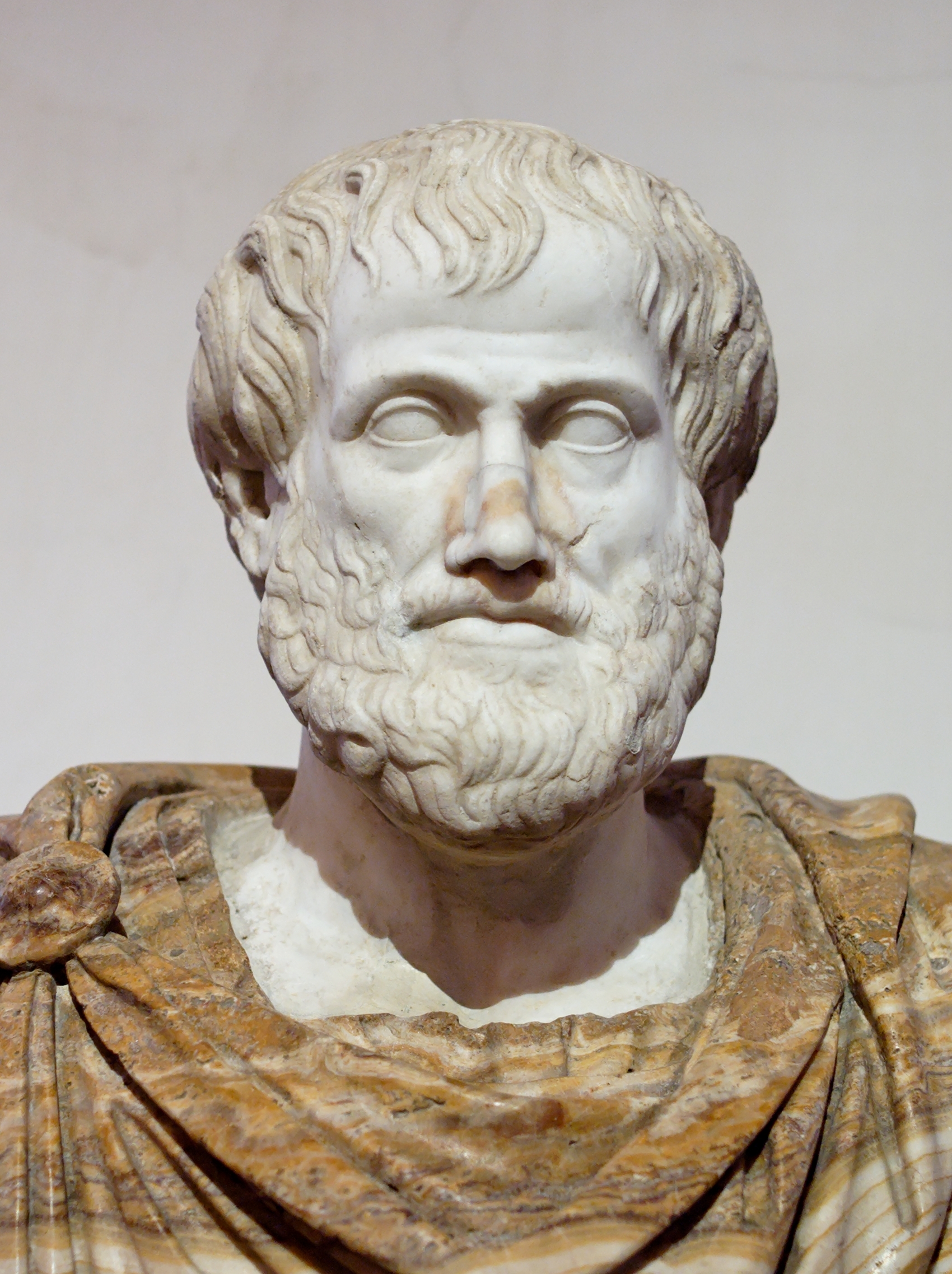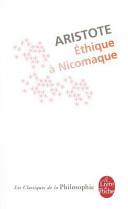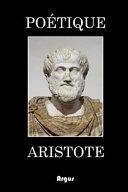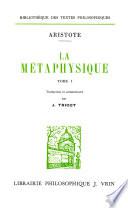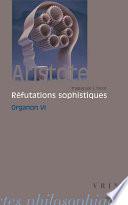La définition fameuse de la tragédie par Aristote, exposant la notion de catharsis.
Poétique
Œuvres
Aristote citations célèbres
Citations sur les hommes et les garçons de Aristote
Politique
Aristote Citations
Éthique à Nicomaque
Métaphysique
Organon, V - Topiques
Organon, V - Topiques
Définitions du citoyen et de la cité.
Politique
Politique
“Le bonheur, avons-nous dit, est une certaine activité de l’âme conforme à la vertu.”
Éthique à Nicomaque
La Politique
Aristote: Citations en anglais
“It is the mark of an educated mind to be able to entertain a thought without accepting it.”
Attributed to Aristotle in Lowell L. Bennion, Religion and the Pursuit of Truth http://books.google.gr/books?id=2HPUAAAAMAAJ&q=, Deseret Book Company, 1959, p. 52, and in American Opinion, Volume 24 http://books.google.gr/books?id=irofAQAAMAAJ&q=, Robert Welch, Inc., 1981, p. 23. Possibly a discombobulation http://publicnoises.blogspot.fi/2009/02/aristotle-and-accuracy.html of the Nicomachean Ethics Book I, 1094b.24 quote above.
Disputed
Source: Metaphysics
“The roots of education … are bitter, but the fruit is sweet.”
The Lives and Opinions of Eminent Philosophers
“What is a friend? A single soul dwelling in two bodies.”
Variante: A friend is one soul abiding in two bodies.
Variante: Love is composed of a single soul inhabiting two bodies.
Source: The Lives and Opinions of Eminent Philosophers, p. 188; also reported in various sources as:
Friendship is a single soul dwelling in two bodies.
A true friend is one soul in two bodies.
Love is composed of a single soul inhabiting two bodies.
What is a friend? A single soul dwelling in two bodies.
“The appropriate age for marriage is around eighteen for girls and thirty-seven for men.”
Book VII, 1335a.27
Politics

“Those who know, do. Those that understand, teach.”
This and many similar quotes with the same general meaning are misattributed to Aristotle as a result of Twitter attribution decay. The original source of the quote remains anonymous. The oldest reference resides in the works of George Bernard Shaw, Man and Superman (1903): "Maxims for Revolutionists", where he claims that “He who can, does. He who cannot, teaches.”. However, the related quote, "Those who can, do. Those who understand, teach" likely originates from Lee Shulman in his explanation of Aristotlean views on professional mastery: Source: Shulman, L. S. (1986). Those who understand: Knowledge growth in teaching. Educational Researcher, 15(2), 4 - 14. Stable URL: http://www.jstor.org/stable/1175860
Misattributed
Variante: Those who can, do, those who cannot, teach.
“In all things of nature there is something of the marvelous.”
Book I, 645a.16
Parts of Animals

Book II, 1109a.27.
Variant translation: Anybody can become angry, that is easy; but to be angry with the right person, and to the right degree, and at the right time, for the right purpose, and in the right way, that is not within everybody's power and is not easy.
As quoted in The Child: At Home and School (1944) by Edith M. Leonard, Lillian E. Miles, and Catherine S. Van der Kar, p. 203
Nicomachean Ethics
